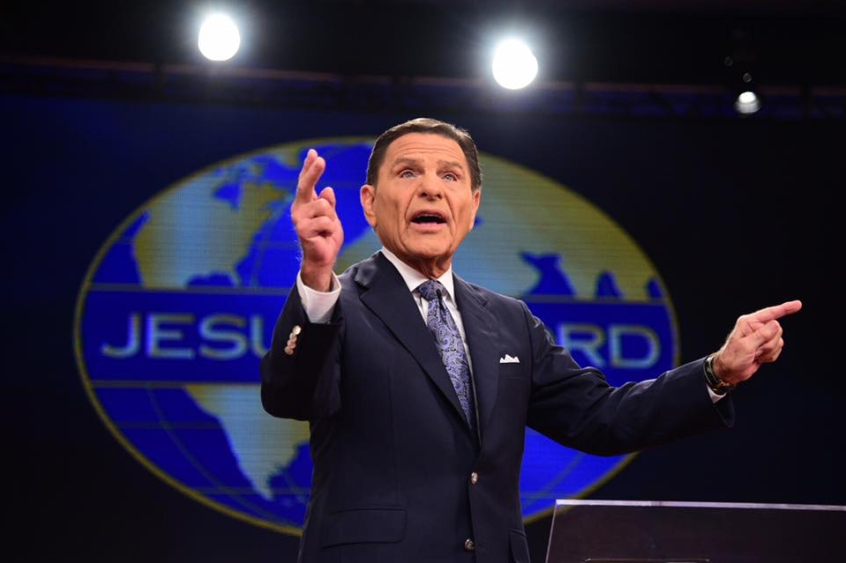A Vatican approved journal has launched a stinging attack on 'prosperity gospel' evangelicals with a broadside against the theology that teaches God wants Christians to be rich.
The article in La Civilta Cattolica published yesterday was written by Antonio Spadaro, a Jesuit priest, and Marcelo Figueroa, a Protestant pastor from Argentina.

It is the second time the two authors have collaborated. Last year they criticised the 'ecumenism of conflict' that saw US Protestant and Catholic fundamentalists join forces to promote 'division and hatred'.
In their latest piece, 'The Prosperity Gospel: Dangerous and Different', they say that at the heart of the prosperity gospel is the belief that 'God wants his followers to have a prosperous life, that is, to be rich, healthy and happy. This type of Christianity places the well-being of the believer at the center of prayer, and turns God the Creator into someone who makes the thoughts and desires of believers come true.'
It is related to the American Dream of a better life, and 'mechanically translates this vision into religious terms, as though opulence and well-being were the true signs of divine delight to be conquered magically by faith', they say.
While born in the US, it has spread around the world through Africa, Asia, China and Latin America, the authors say. They trace its origins to the Word of Faith movement of Kenneth Hagin (1917-2003), and reference modern-day exponents such as Kenneth Copeland, Norman Vincent Peale, Oral Roberts, Pat Robertson, Benny Hinn, Robert Tilton, Joel Osteen and Joyce Meyer.
They criticise prosperity preaching for elevating the 'word of faith' above the Bible, saying: 'Effectively, "claiming" the promises of God, which have been extracted from the biblical texts or the prophetic word of the pastor, places the believer in a dominant position with respect to a God who is imprisoned by his own word, as perceived and believed by the faithful.'
The result, they say, is that: 'There can be no compassion for those who are not prosperous, for clearly they have not followed the rules and thus live in failure and are not loved by God.'
Furthermore, they say, the dominance of this teaching has political consequences: 'It leads to the conclusion that the United States has grown as a nation under the blessing of the providential God of the Evangelical movement.' They argue too that the prosperity gospel is not a 'cause of real change' because it undermines solidarity and encourages people to believe in a 'miracle-centred approach' to solving their problems.
They conclude: 'The prosperity gospel is far from the "missionary dream" of the American pioneers, and further still from the message of preachers like Martin Luther King and the social, inclusive and revolutionary content of his memorable talk: "I have a dream."'













